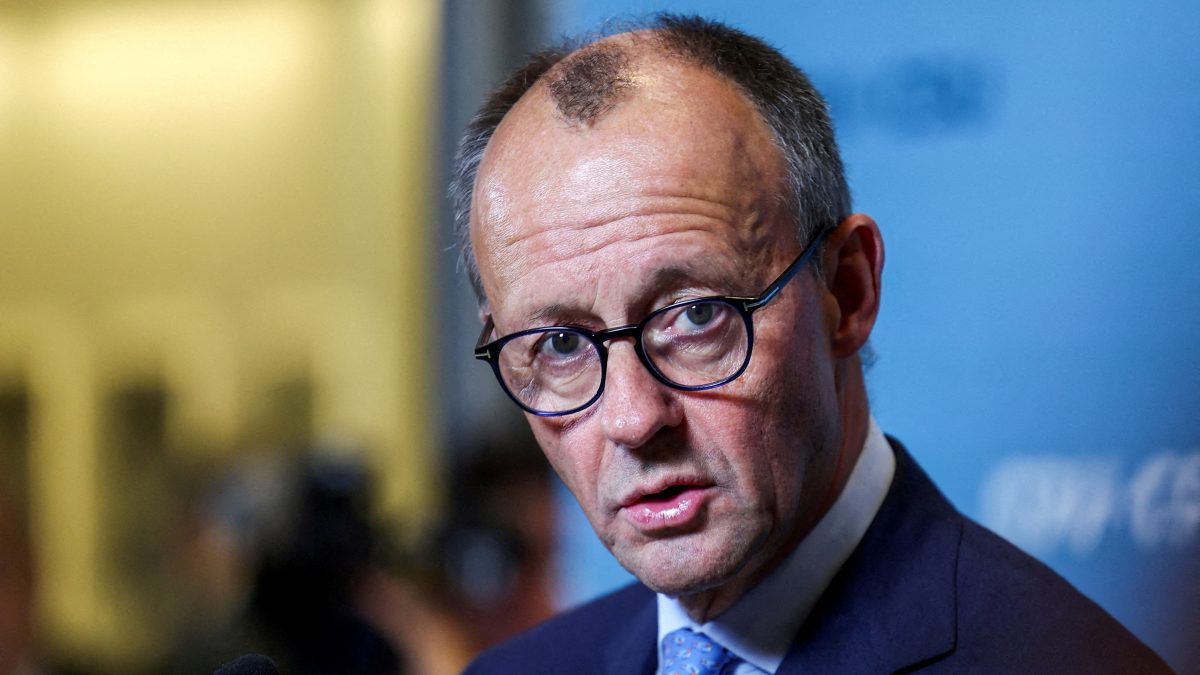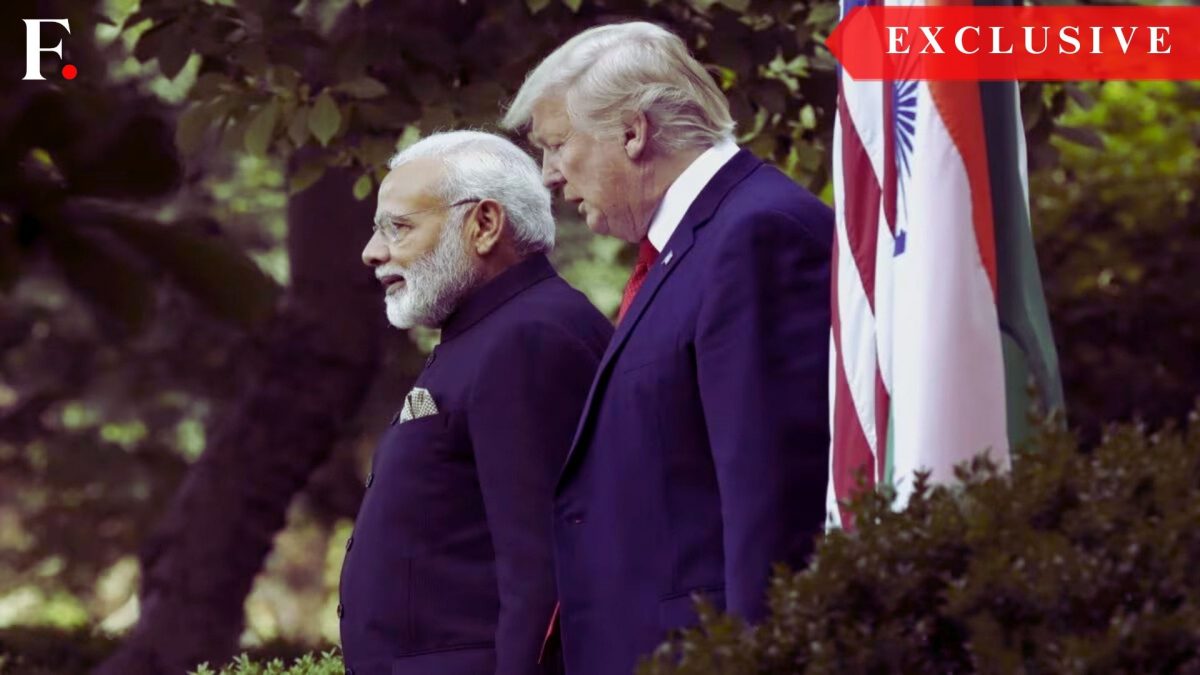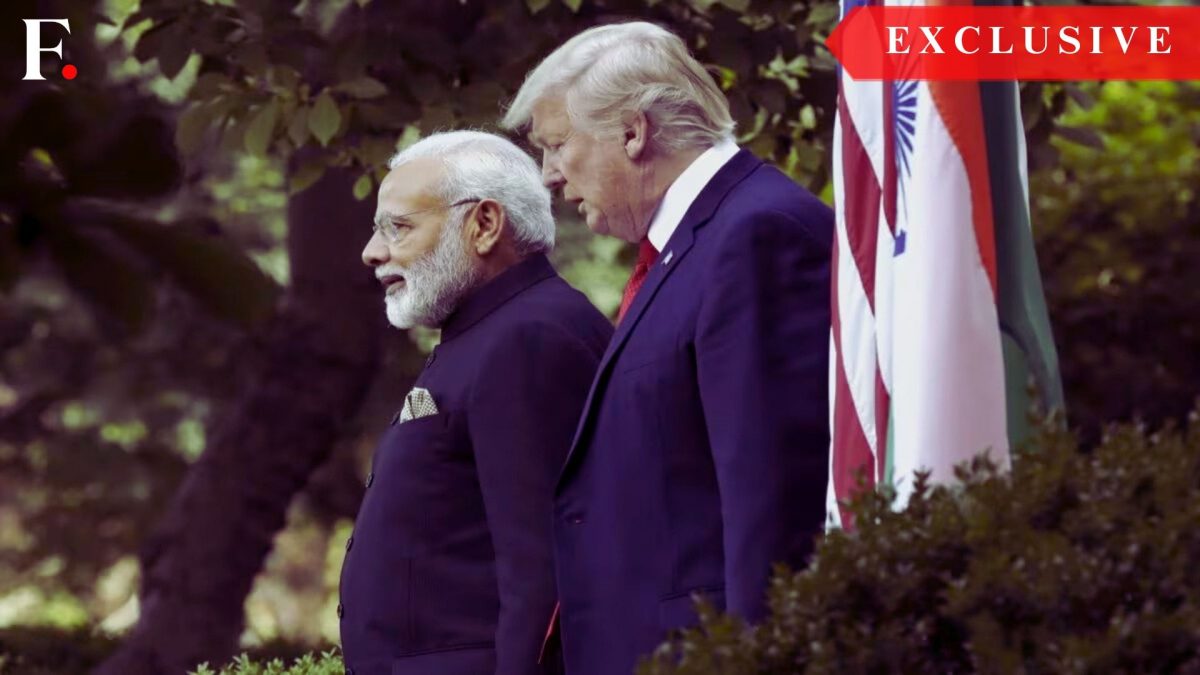German voters on Sunday (December 23) voted in the crucial parliamentary polls to choose their next Bundestag for the next four years. The exit polls predicted a significant win for the Christian Democratic Union (CDU), positioning Friedrich Merz as the frontrunner for chancellor.
Soon after declaring victory in the polls, Merz expressed confidence in forming a government that can act in Germany’s interest, warning that “the world out there is not waiting for us or for lengthy negotiations.”
Challenges ahead
The key question now is what type of coalition will be formed, as this will determine the direction of Germany’s domestic and foreign policy.
Exit polls place far-right AfD party at the second position but Merz has already ruled out joining hands with them.
At this stage, it is unclear which parties will come together to form a governing coalition, and the negotiations are likely to be complex and time-consuming.
While Merz has vowed to pursue quick negotiations, there are considerable challenges.
The Social Democrats (SPD) have suffered a significant defeat, with their vote share dropping to one of the lowest levels since the founding of the Federal Republic of Germany.
Given this result, a coalition between Merz’s CDU/CSU and the SPD is uncertain.
There is a difference of ideology too.
There are factions within the SPD that strongly oppose the migration policies that Merz has advocated, which could make cooperation and negotiations difficult.
Impact Shorts
View AllAdditionally, some of Merz’s political allies in Bavaria have openly stated that they do not want to govern with the Greens, further limiting coalition options.
Greens has also warned that Merz needs to moderate his tone. The Greens’ candidate for chancellor, Vice Chancellor Robert Habeck, said that Merz would do well to moderate his tone after a sometimes hard-fought election campaign.
This means that Merz faces a particularly difficult task in forming a stable government.
To build a coalition, he will have to negotiate carefully, make strategic compromises, and offer concessions on key policy issues.


)
)
)
)
)
)
)
)
)



